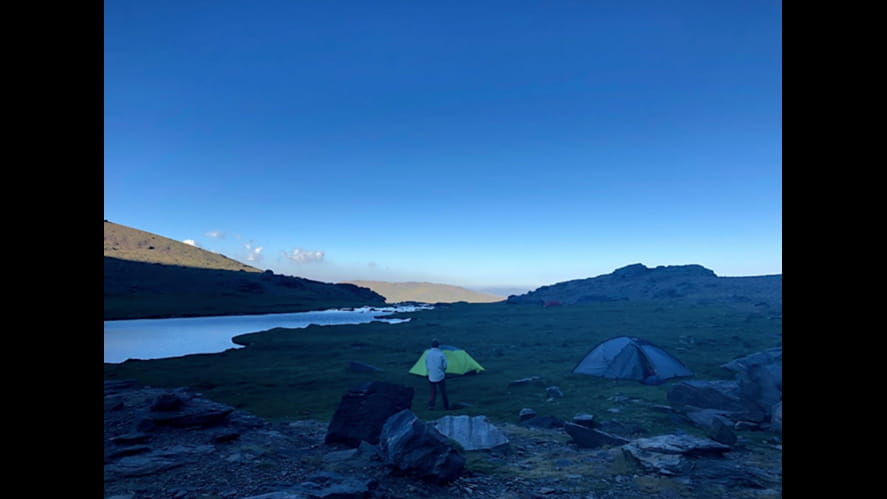We use cookies to improve your online experiences. To learn more and choose your cookies options, please refer to our cookie policy.

The 1950’s and 60’s saw the making of both the Duke of Edinburgh Award and the International Baccalaureate. Both educational frameworks can be linked to Kurt Hahn, an educational influencer of the time. His main ambition was to encourage young people into taking on challenges, taking on risk and, most importantly, serving others. His renowned motto was: “There is more in you than you think".
In developing the ideas that we see alive today, Hahn, along with Marina Ewald, a geography teacher at Salem School in Germany, facilitated an expedition to Finland. It was the summer of 1925, and the plan was to allow 20 students to undertake an Adventurous Journey.
The experience involved travelling across Germany, boarding the steamer ship to Helsinki, buying four used sailing boats, learning how to use them, trucking them up to Lake Saimaa, sailing day and night navigating towards Lake Lappenranta and Lake Kuopio. They progressed on their journey by hauling the boats overland to continue sailing south on Lake Paijanne. Finally, they returned to Helsinki to seek a buyer for their used vessels. It took the team, which was mostly made up of Grade 10 & 11 students, four weeks to achieve. Most of their food came from their ability to hunt and fish in the environments they found themselves travelling through.
Jump forward to the start of this school year, when last week current Grade 12 students Claudia and Ana came to speak to the Grade 9 class. Both of them are in the process of completing their DofE Gold Award, and in the assembly they reflected on their experiences in the Sierra Nevada as part of their 4-day Qualifying Adventurous Journey (QAJ). Their insights, I believe, have similarities to those of the 1925 expedition.
“Fun” and “challenging” were words used multiple times throughout their presentation. The expeditioners also made reference to making lasting relationships with people that they did not typically spend time with in school. Ana went on to explain how she used her experiences as part of her University Personal Statement:
More information on the Duke of Edinburgh Award
The Duke of Edinburgh’s International Award is recognised globally. It provides a framework that brings together adventurous journeys, sustained service-learning efforts and learning new skills. The award is a great way to recognise students’ achievements and can offer a building block for University applications. Students can begin the Bronze Award from the age of 14 and the Gold at the age of 16. If the student is due to turn the corresponding age in the next 6 months, they can also apply to start early.